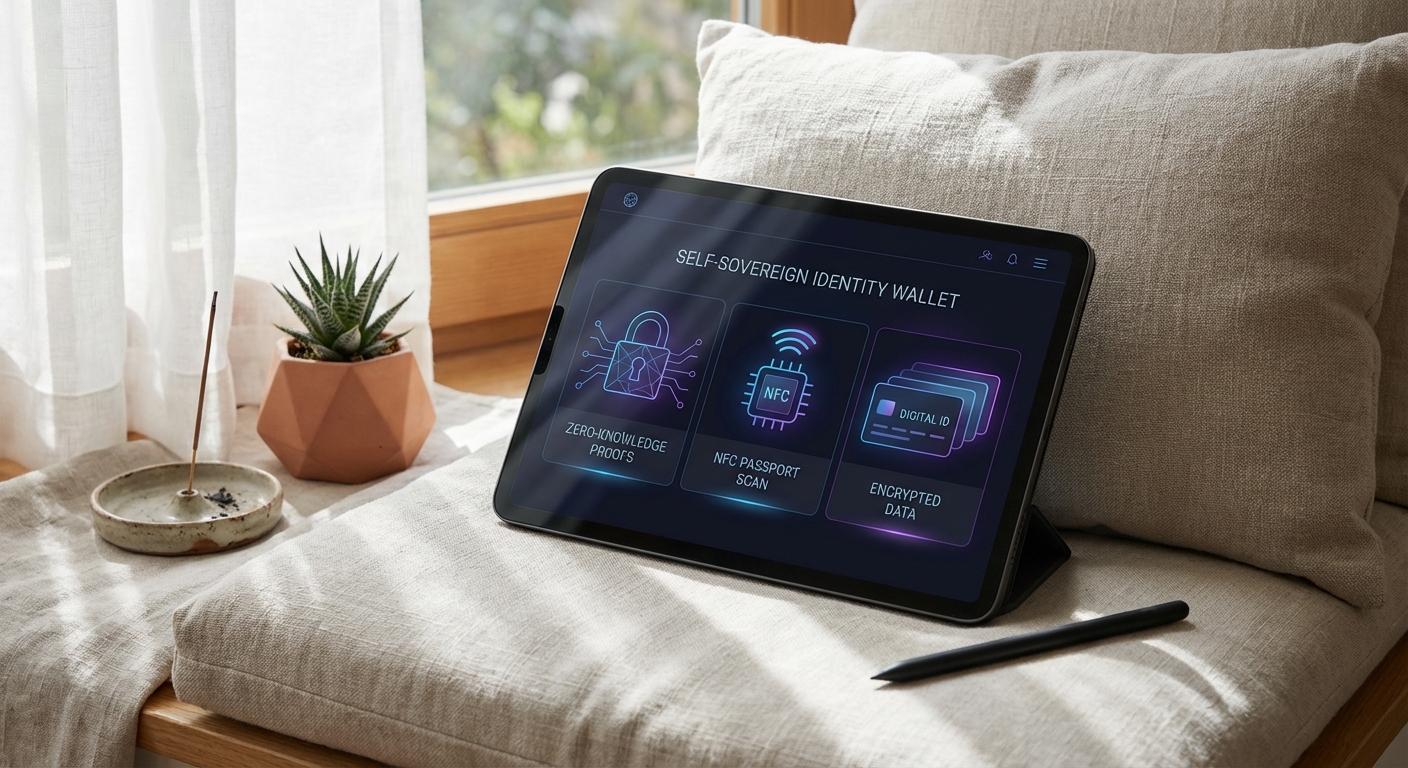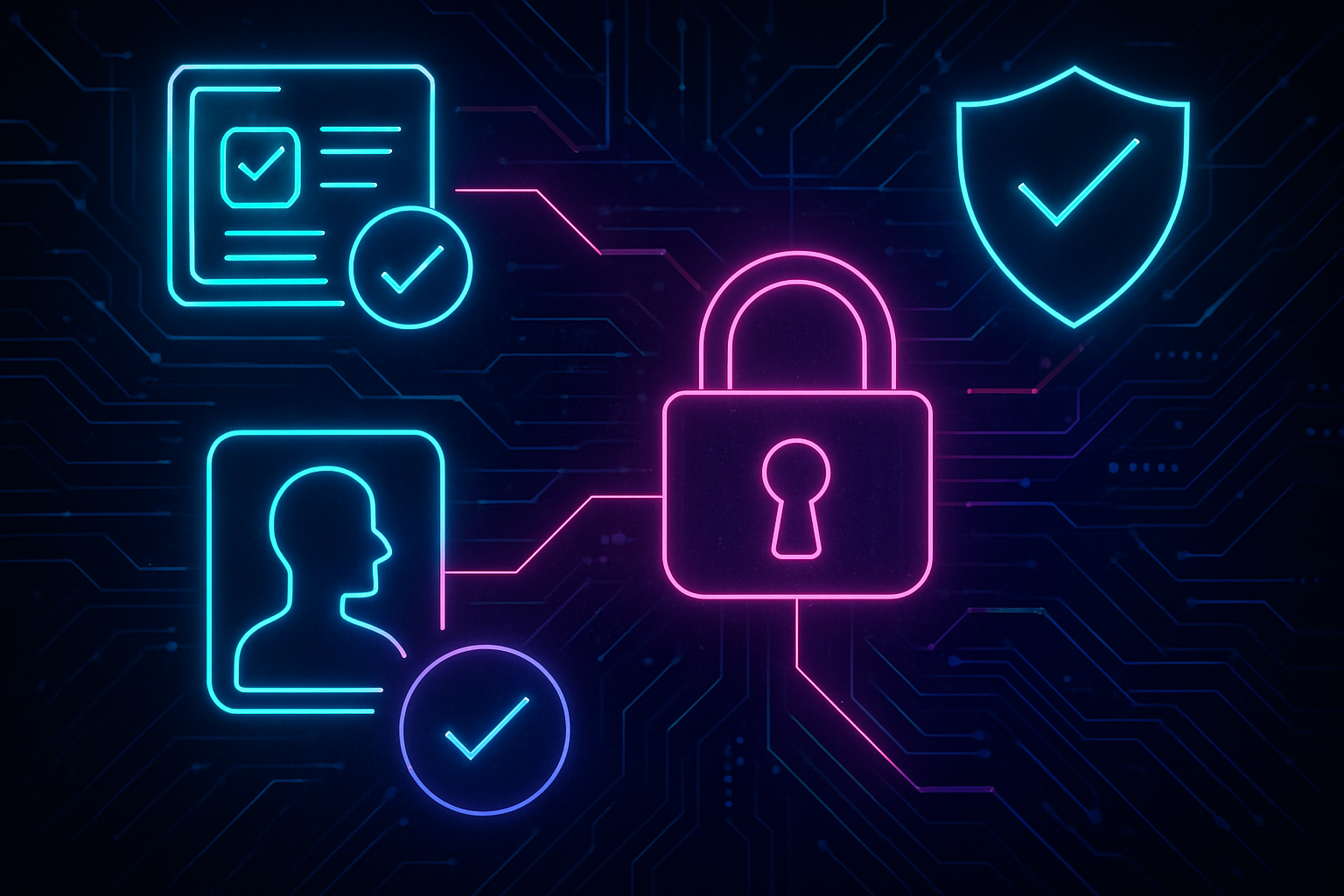
Zero-knowledge proofs (ZKPs) are rapidly transforming how privacy is engineered in decentralized identity (DID) wallets. At the heart of this innovation is a cryptographic breakthrough: ZKPs let users prove statements about themselves, such as age, residency, or eligibility, without exposing the underlying data. This subtle yet profound shift means that individuals and organizations can authenticate and share credentials anywhere, anytime, without surrendering control over their personal information.

Decentralized Identity: From Centralized Risk to Self-Sovereign Privacy
Traditional digital identity systems rely on centralized authorities to store, verify, and manage sensitive user data. This model is vulnerable to breaches, surveillance, and misuse. Decentralized identity wallets disrupt this paradigm by empowering users as the sole custodians of their credentials. However, even in decentralized frameworks, sharing too much information can expose users to new risks.
This is where ZKPs become essential. By leveraging zero-knowledge proof identity wallets, users can demonstrate facts, like being over 18 or having a valid driver’s license, without revealing birthdates or document numbers. The proof is mathematically sound but reveals nothing beyond the intended claim.
How ZKPs Are Integrated Into Modern DID Wallets
The integration of ZKP technology into privacy-preserving DID wallets has accelerated in 2024,2025. Projects such as Polygon ID are at the forefront, using zkSNARKs to let users verify attributes like citizenship or age on-chain without leaking personal details. Similarly, solutions like zkLogin enable seamless blockchain authentication using existing OAuth providers (e. g. , Google), but shield the user’s actual identity from public exposure (see research).
The result? A new generation of zk DID wallet projects that combine usability with robust privacy guarantees:
Top zk DID Wallet Projects for Private Web3 Identity
-
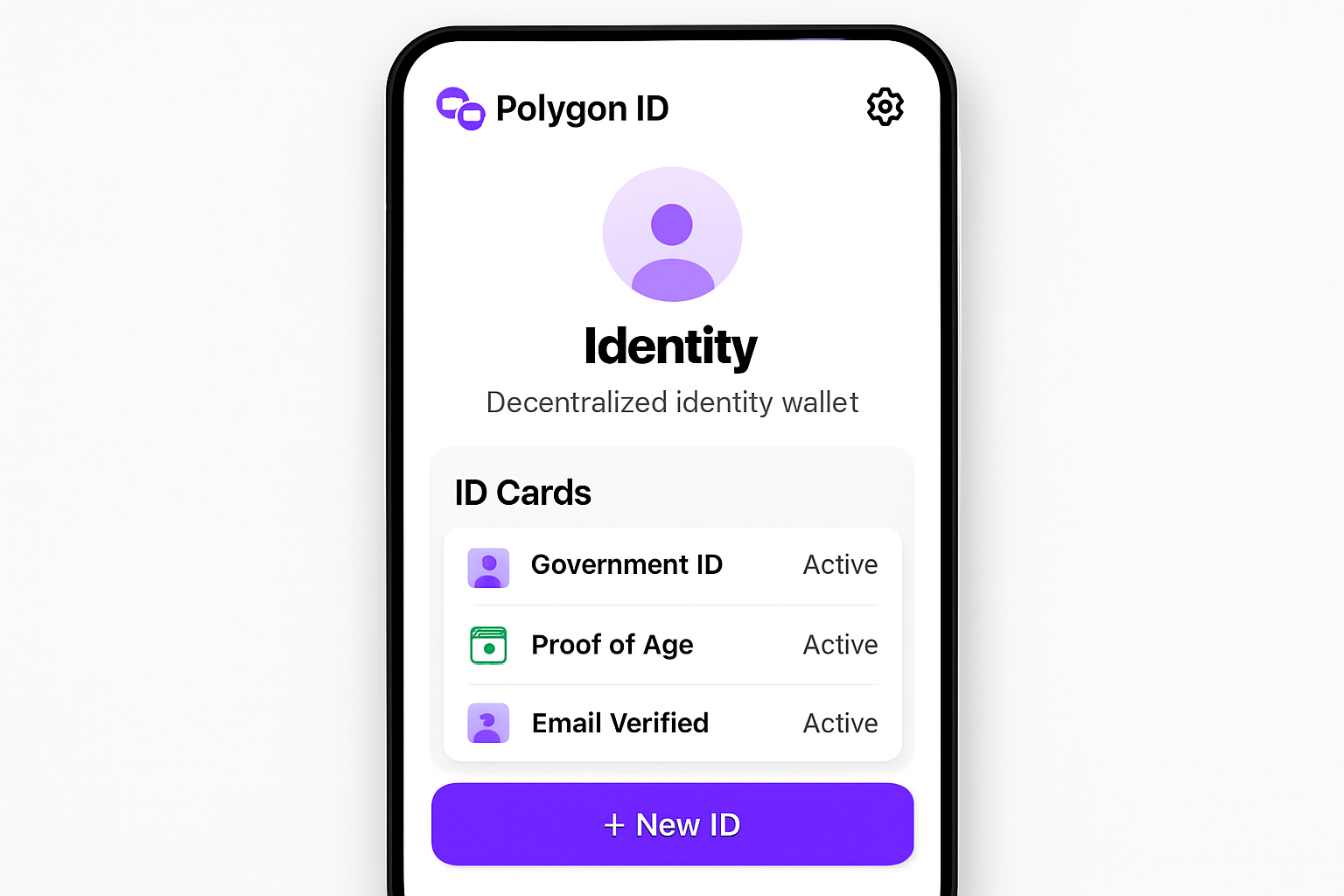
Polygon ID: A self-sovereign identity wallet leveraging zero-knowledge proofs on the Polygon blockchain. Users can verify attributes like age or citizenship without revealing underlying personal data, supporting privacy-preserving authentication across Web3 applications.
-
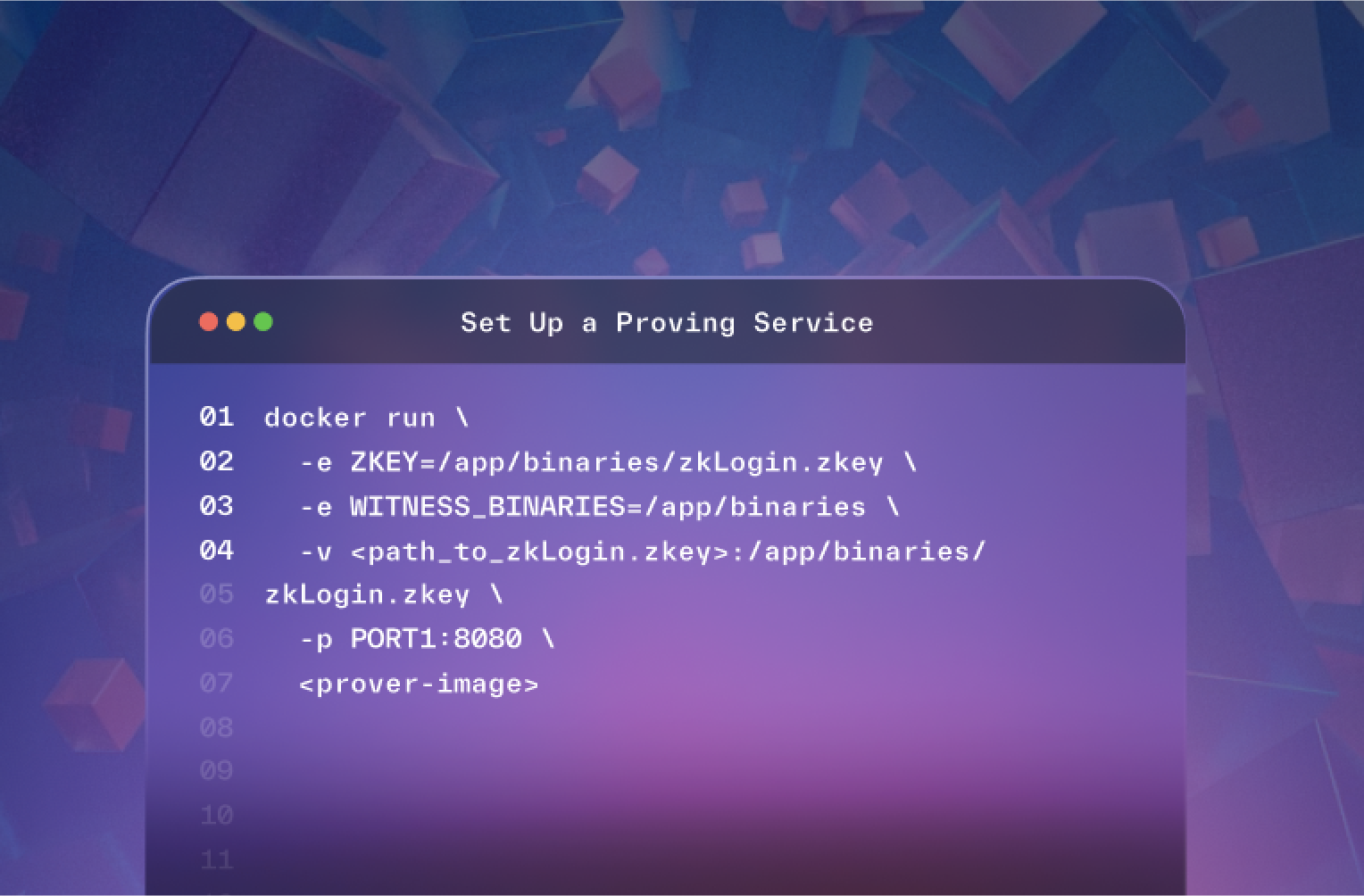
zkLogin: Developed to enable privacy-focused blockchain authentication using existing Web2 identity providers (e.g., Google, Facebook). zkLogin employs zero-knowledge proofs to validate user credentials without exposing sensitive information, streamlining onboarding for decentralized apps.
-
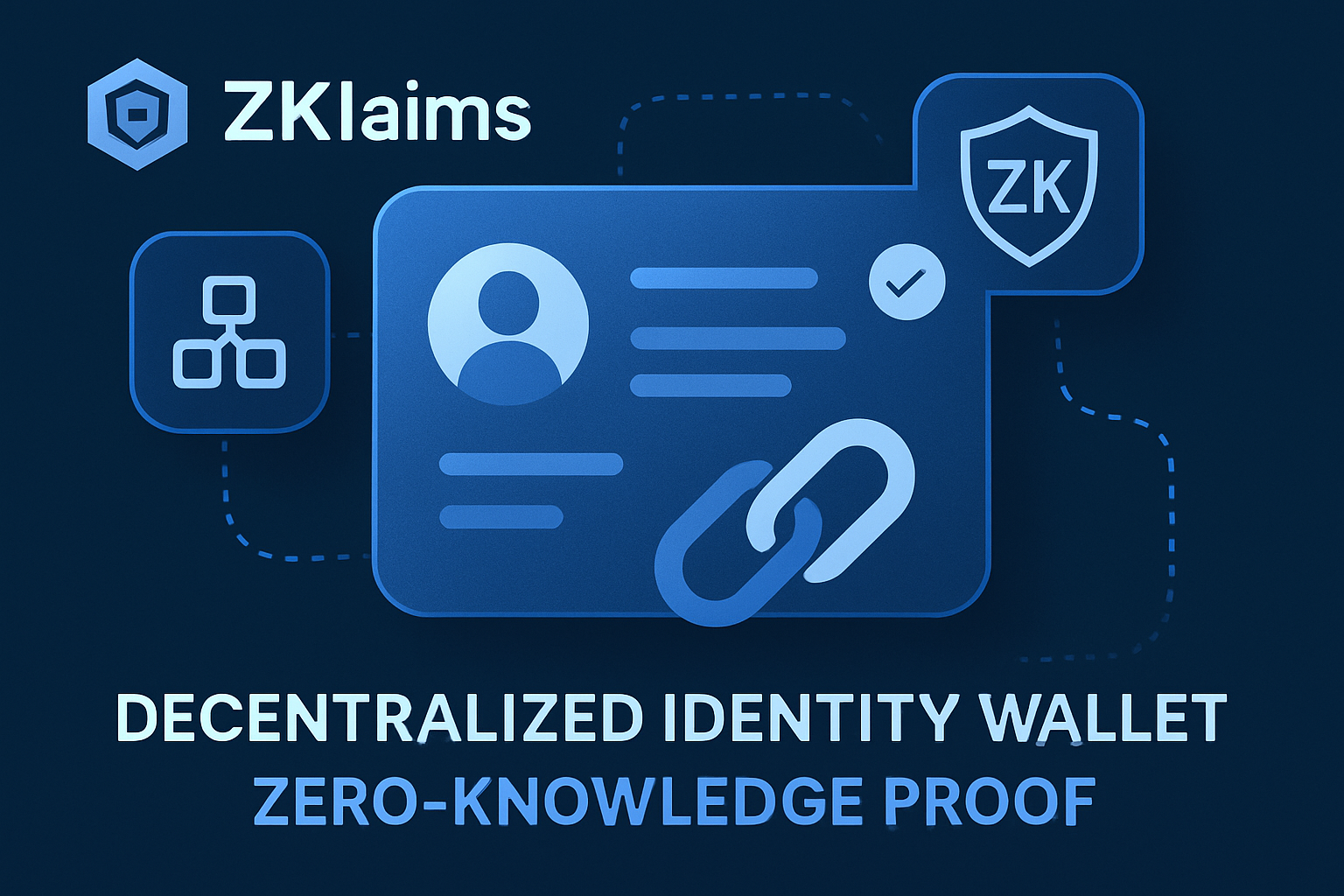
ZKlaims: A protocol for presenting attribute-based credentials with non-interactive zero-knowledge proofs. ZKlaims allows users to prove statements about their identity (such as age or membership) to decentralized services without revealing the credential itself.
-
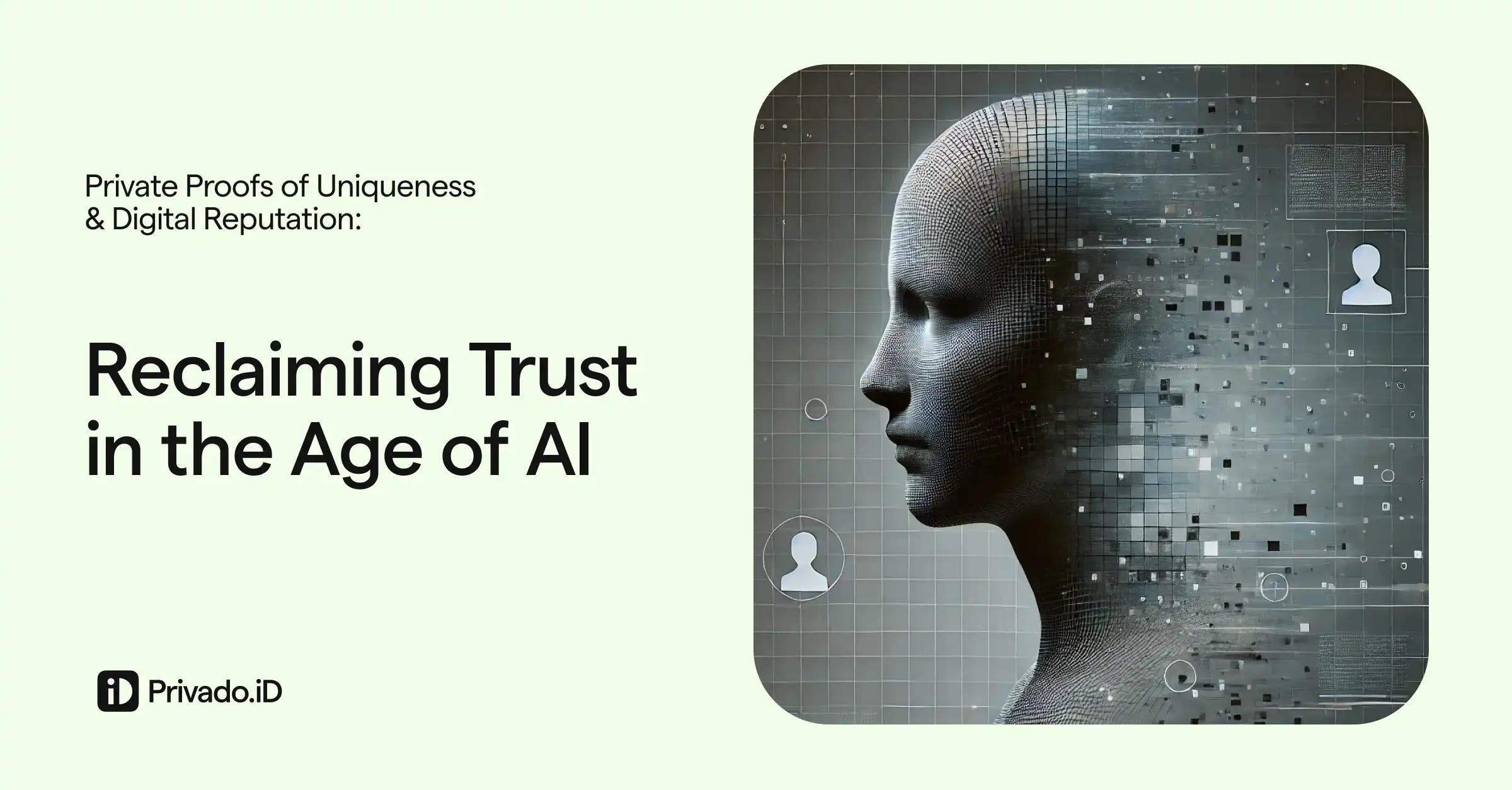
Privado ID: Built on the iden3 protocol, Privado ID offers decentralized identity management with integrated zero-knowledge proofs. It enables secure, private sharing of credentials for compliance and access control in Web3 ecosystems.
-

Rarimo: A cross-chain identity protocol utilizing zero-knowledge proofs for privacy-preserving credential verification. Rarimo enables users to prove verified credentials across multiple blockchains without disclosing personal information, enhancing interoperability and security.
Key Advantages for Users and Developers
Data minimization sits at the core of regulatory compliance and digital trust. With ZKPs embedded in decentralized identity systems, only necessary facts are disclosed, never more than what’s strictly required for verification. This aligns with global privacy regulations while also reducing attack surfaces for hackers.
Security is inherently enhanced. Since raw credentials never leave the user’s device or encrypted storage, there’s no central honeypot for attackers to target. Even if an adversary intercepts network traffic or accesses blockchain records, they see only cryptographically secure proofs, not exploitable personal data.
Interoperability takes center stage as well: cross-chain protocols now allow credentials verified on one network (e. g. , Polygon) to be trusted by services on another chain without compromising user privacy (learn more here). This unlocks composable digital identities for Web3 ecosystems.
Innovative DID wallets are also leveraging ZKPs for selective disclosure. Instead of sharing a full credential, users can generate proofs for specific predicates, such as “born after 2000” or “resident of the EU”: enabling granular control over what is revealed to verifiers. This approach is gaining traction in both consumer and enterprise contexts, from decentralized KYC to access management in DAOs and token-gated communities.
For developers, the rise of open-source ZKP libraries and protocols like iden3 (the foundation behind Privado ID) lowers the technical barrier to entry. These toolkits abstract away the complexity of cryptographic operations, allowing teams to focus on user experience and compliance rather than protocol engineering. As more projects adopt ZKP-based authentication and credentialing, network effects will drive standardization and interoperability across chains and platforms.
Emerging Use Cases and Market Momentum
Zero-knowledge proof identity wallets are no longer theoretical, they’re powering live use cases today:
Real-World DID Wallets Using ZKPs Across Industries
-

Polygon ID: A self-sovereign identity solution on the Polygon blockchain, Polygon ID uses zero-knowledge proofs to let users prove attributes like age or residency without revealing personal data. Widely adopted in DeFi onboarding and gaming KYC scenarios.
-
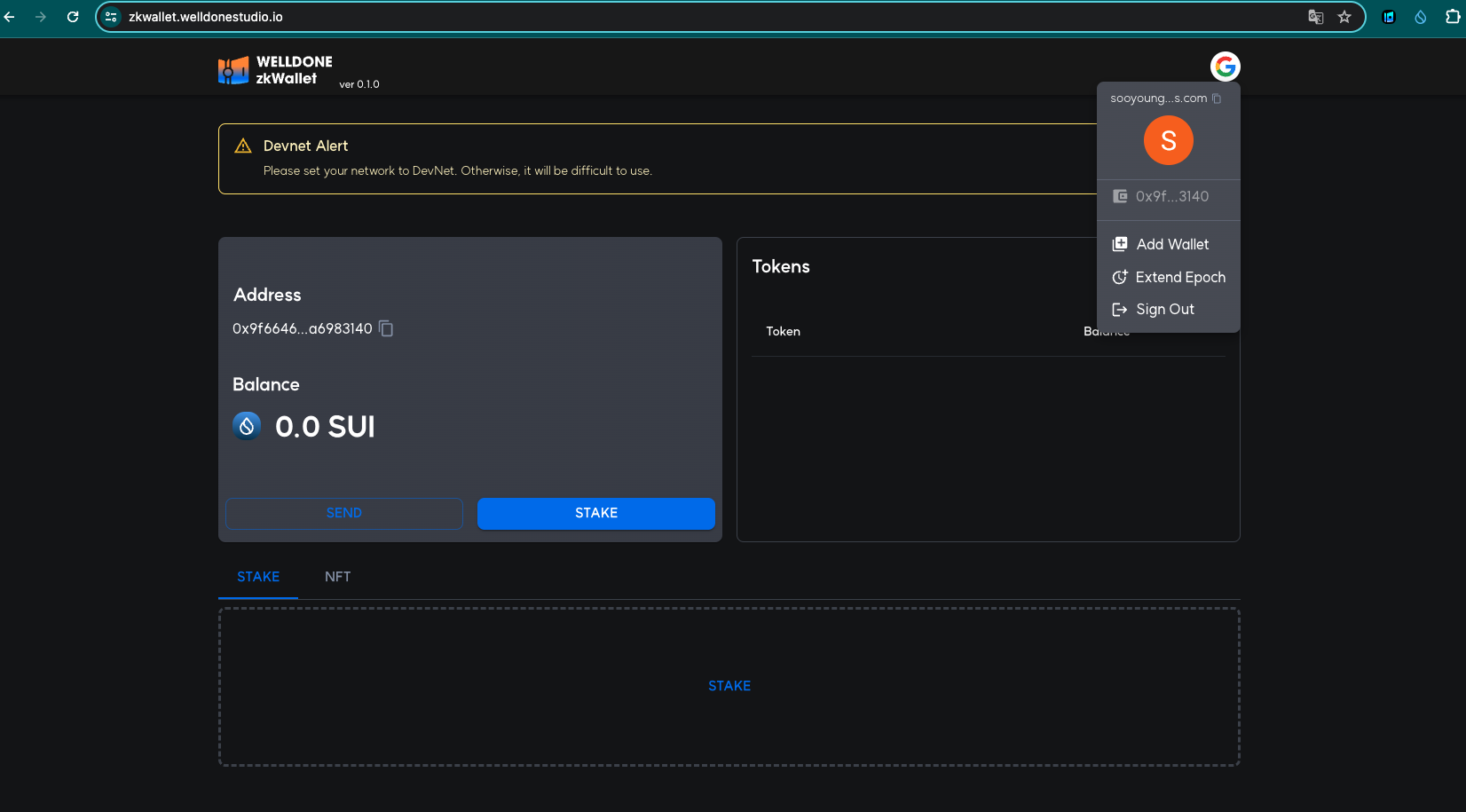
zkLogin (Sui): Developed for the Sui blockchain, zkLogin enables users to authenticate with familiar identity providers (like Google or Facebook) and then use ZKPs to sign blockchain transactions. This streamlines digital onboarding for DeFi and gaming apps while preserving privacy.
-
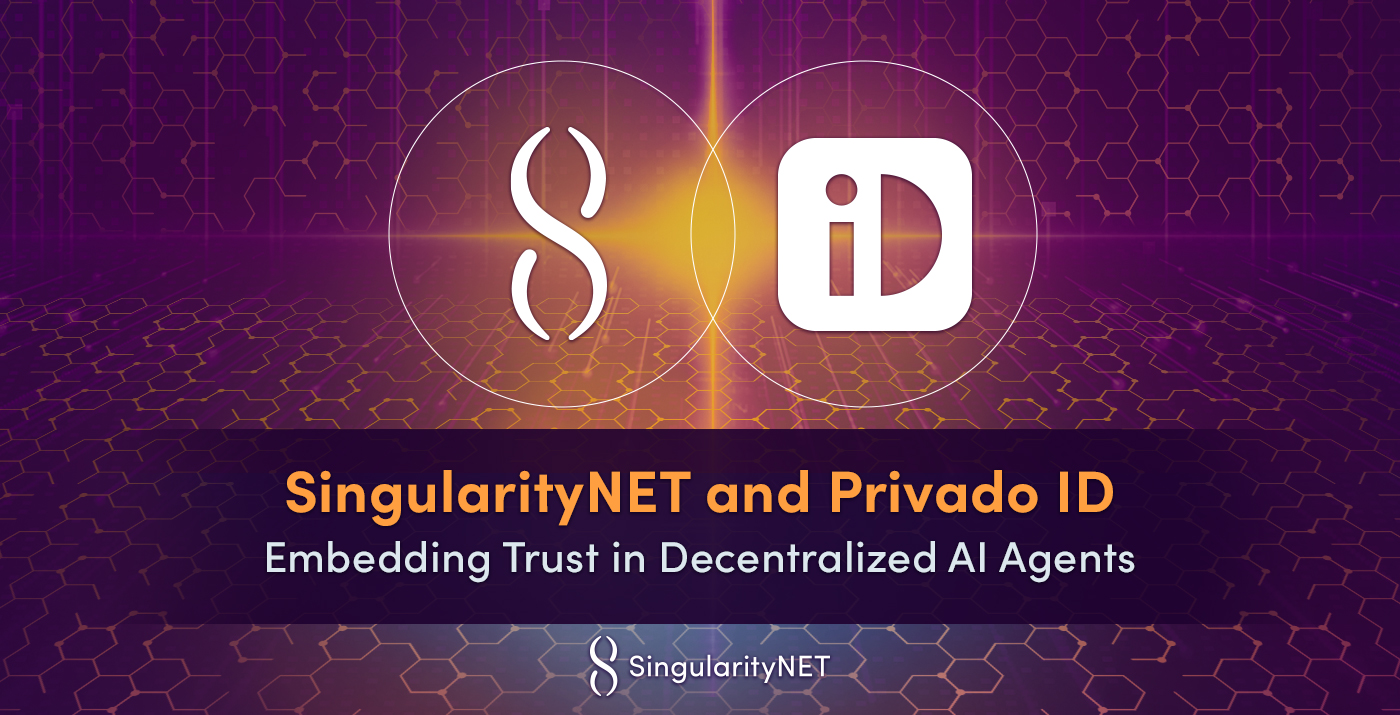
Privado ID: Built on the iden3 protocol, Privado ID leverages ZKPs for decentralized identity management in healthcare and regulated industries. It allows users to share verifiable credentials (e.g., medical licenses) without exposing sensitive details.
-

ZKlaims: A privacy-focused credential system, ZKlaims lets users present attribute-based credentials using non-interactive ZKPs. It’s used in digital onboarding and DeFi platforms to verify eligibility or compliance without revealing underlying data.
-

Samsung Nexledger with QEDIT ZKP: Samsung’s Nexledger enterprise blockchain integrates QEDIT’s zero-knowledge proof technology to enable privacy-preserving identity management for enterprise onboarding and healthcare data sharing.
In decentralized finance (DeFi), users can prove eligibility (e. g. , jurisdiction or credit score) without exposing their wallet addresses or private data. In gaming ecosystems, ZKPs enable age verification for mature content access without storing sensitive information on-chain. Healthcare pilots are exploring ZKPs for patient credentialing, verifying insurance status or vaccination records without leaking medical histories.
The regulatory landscape is also evolving. European eIDAS compatibility studies highlight how data minimization via ZKPs aligns with legal requirements for electronic identification (see academic analysis). As governments explore digital ID frameworks, privacy-preserving architectures will become a strategic necessity rather than a technical curiosity.
Challenges Ahead
Despite their promise, zero-knowledge proof identity wallets face hurdles around scalability, UX complexity, and verifier adoption. Generating proofs can be computationally intensive on constrained devices if not optimized. Standardizing proof formats so that verifiers across sectors can trust them remains an active area of research. And while the cryptography is sound, building intuitive interfaces that help users understand what they’re proving, and to whom, will define mainstream adoption.
Still, the trajectory is clear: privacy-preserving DID wallets powered by ZKPs are set to redefine digital trust across Web3 and beyond. As tooling matures and standards coalesce, expect zero-knowledge architectures to underpin everything from cross-chain reputation systems to compliant DeFi onboarding, all with radically minimized data exposure.
The future of digital identity hinges on empowering individuals with control over their credentials while meeting the demands of global interoperability and regulation. Zero-knowledge proof technology isn’t just a privacy upgrade, it’s a paradigm shift for how we authenticate ourselves online.



